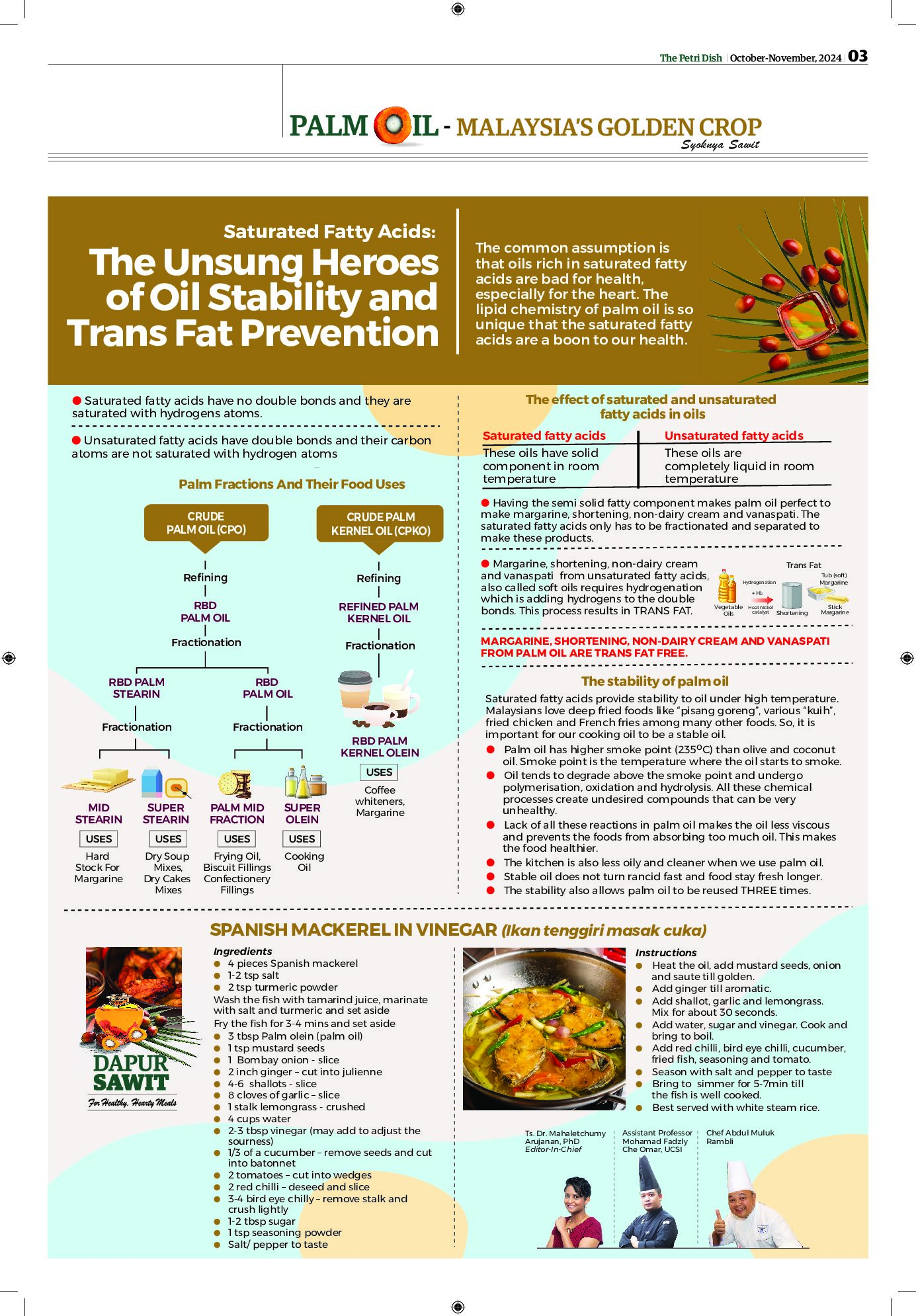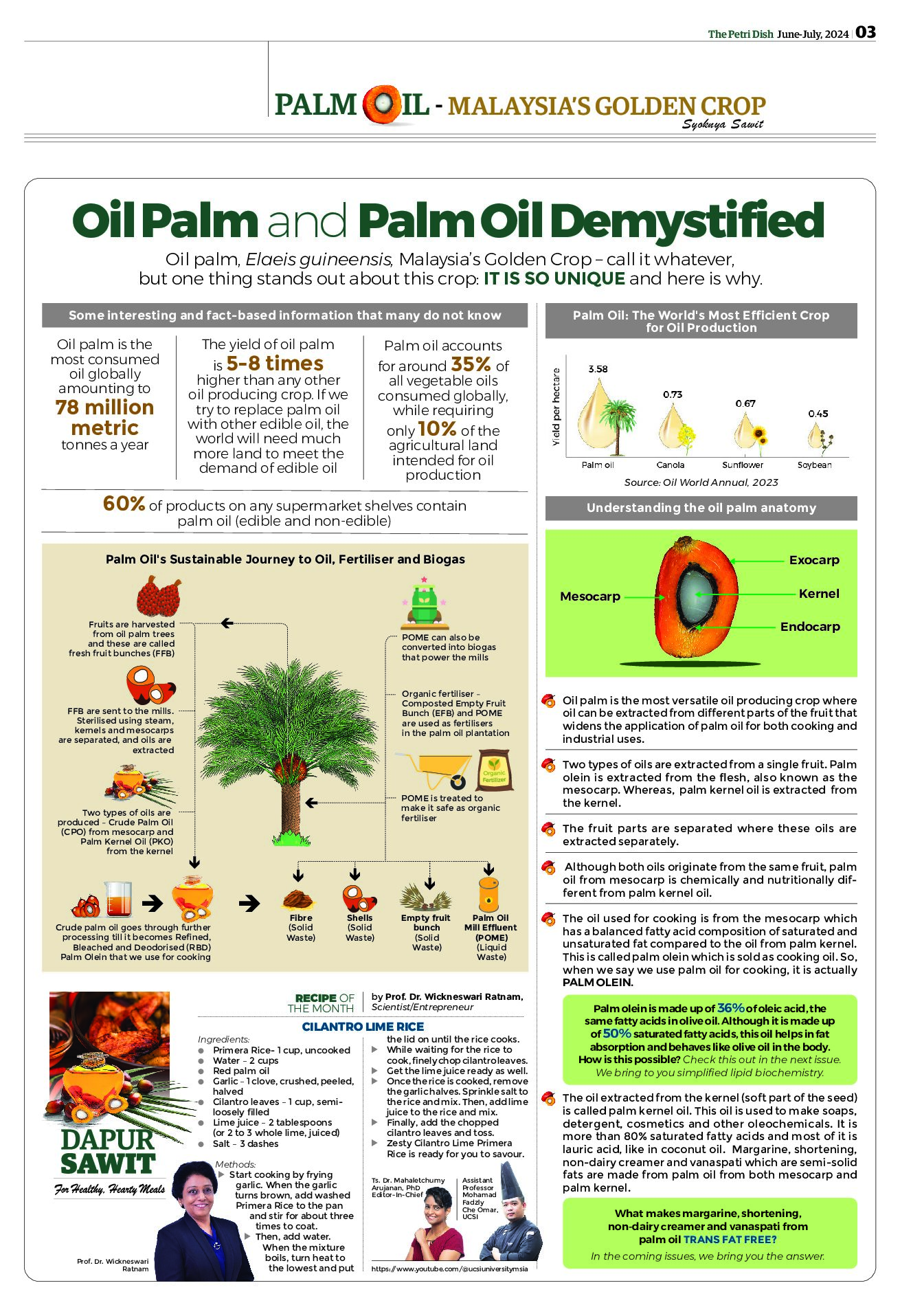BY AZMAN ZAKARIA
SERDANG: World Intellectual Property Organisation (WIPO), Geneva, together with Swedish Patent and Registration Office (PVR) and Swedish International Development Cooperation Agency (Sida), sponsored 21 senior officials from 15 Least Developed Countries (LDC’s) for a one week capacity building programme at Putra Science Park (PSP) in UPM to learn the successful innovation ecosystem model. The PSP has won several national awards and is recognised internationally as an excellent model for innovation.
Prof Datin Paduka Dato Dr Aini Ideris, Vice Chancellor in her opening speech welcomed the Senior Officials and assured the sponsoring agencies that the choice of UPM is excellent to host the programme since it is the leading institution in the region for Intellectual Property and innovation. UPM has the best model and has been a winner of several national, regional, and international awards.
Now UPM officers from the Innovation office “the Putra Science Park” are being invited all over the world to share their experience. UPM, gives high priority for IP management and innovation. The curriculum for the courses that are taught in the university, have incorporated entrepreneurial related lectures. This is to make sure when students graduate they can face the challenges and fit easily in the business world.
The staff members of PSP have been involved in several training programmes as invited speakers funded by local and international organisations. The former director, Prof Dato Mohamed Shariff Mohamed Din has been invited by WIPO to inculcate innovation culture in more than 20 countries in Asia, South America, the Middle East and Africa.
The current Director Associate Professor Dr Samsilah Roslan, the President of Innovation and Technology Managers Association (ITMA) Malaysia and executive board member of Inter-Islamic Network of Science and Technology Parks (INSTP) has been travelling to several countries providing training programmes on developing a conducive and fertile innovation ecosystem in universities and research insititutes that can contribute to the country’s economy.
The Senior officials comprised from National Intellectual Property Offices, Universities, Research Intuitions and various Ministries listened to talks on how Malaysia transformed from an agro based economy to an innovation led economy.
The officials also met with several CEO’s of UPM spinout companies who shared their experiences on the challenges faced during the initial setup and how they are now generating millions from technologies licensed from UPM. Many of the CEOs of the spinout companies are also co-inventors of the technology. The university researchers who are the primary innovators are now also involved in the companies either as consultants or advisors or have an equity in the company.
One of the companies uses palm oil tree fiber from the discarded fruit bunch for road construction. The fibers from the discarded fruit bunches are now mixed with bitumen for road making. Roads made from such a mixture has several benefits. In terms of overall cost it is 40% cheaper than conventional roads, and after rain the water drains off faster making it safer to drive.
Compared to normal roads which have to be resurface every 3 to 5 years, the palm fiber mix road is expected to last for 10 years. In addition, the road can withstand extreme temperatures and is even suitable for hot climate in the desert. The company is now securing international deals to build sustainable roads in South Korea and Dubai. Many other CEO’s shared similar inspiring success stories with the delegates. — UPM











